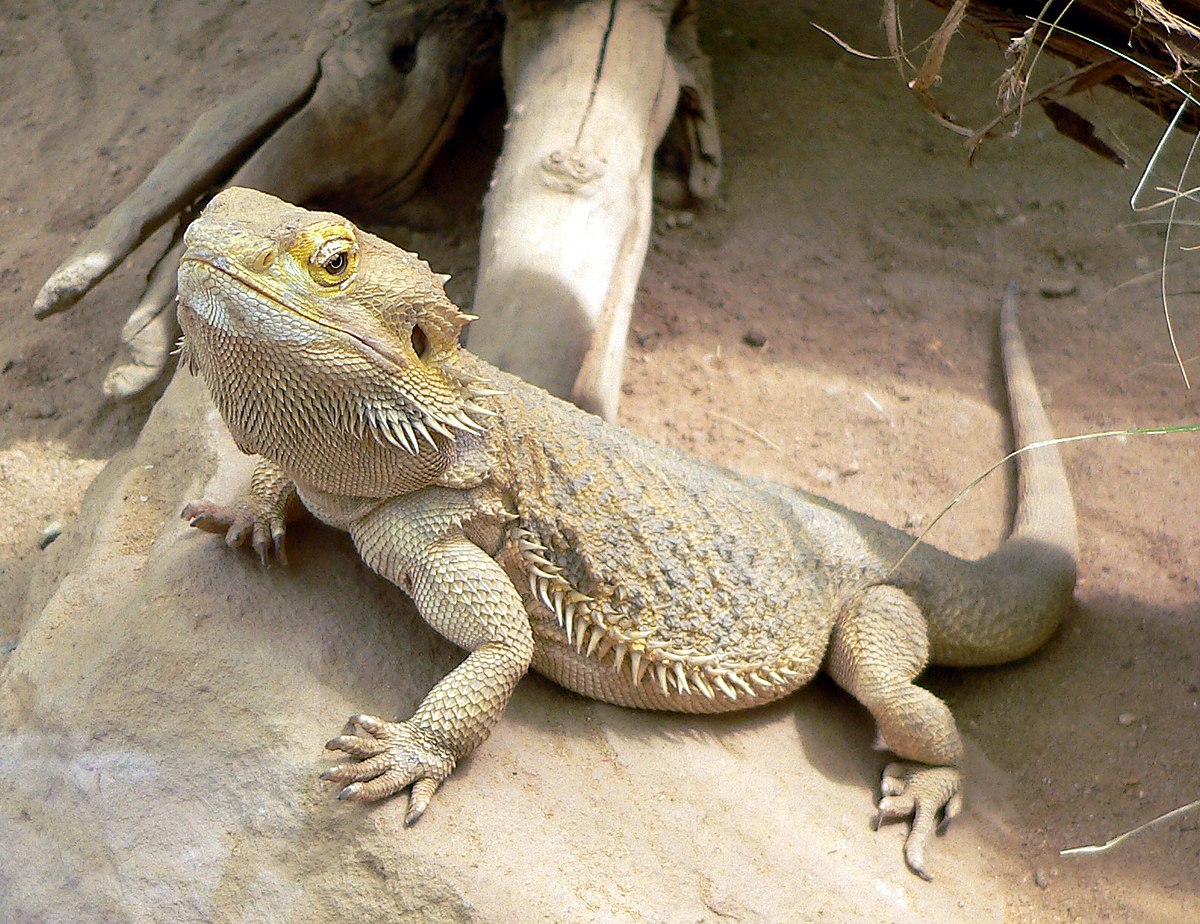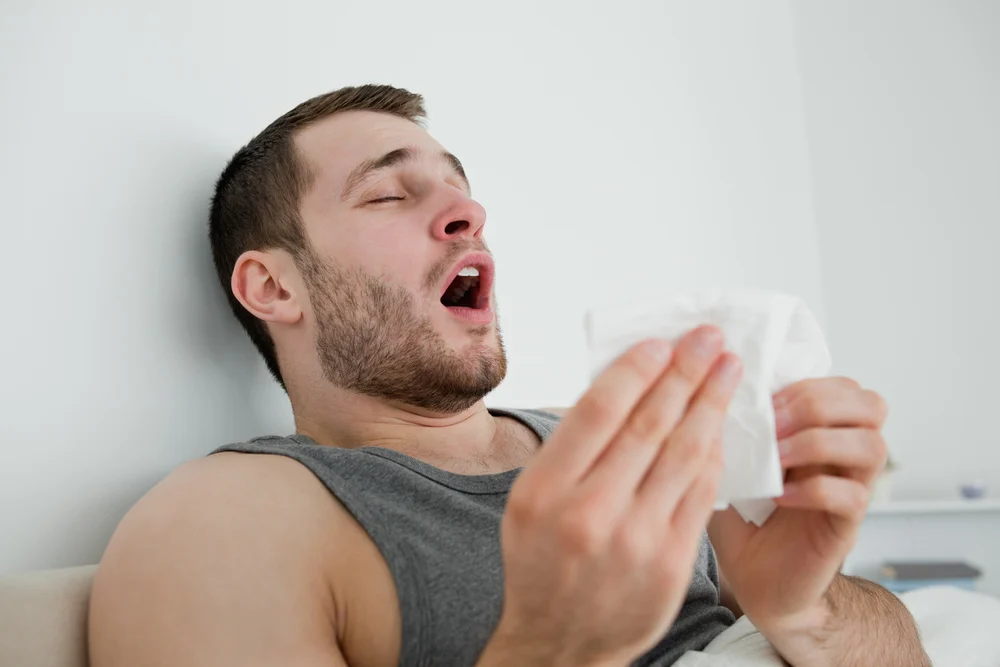The Mystery of the Midnight Munch: Why Do I Bite My Tongue in My Sleep?
Ever woken up with a sore tongue and a fuzzy memory of an involuntary chomp? You’re not alone. Tongue biting during sleep is a surprisingly common occurrence, leaving many sufferers bewildered and frustrated. This comprehensive guide delves into the reasons behind this nocturnal phenomenon, explores potential causes, and offers strategies to curb the unconscious urge to chomp down on your tongue.
Understanding the Bite: A Nocturnal Nuisance
Tongue biting during sleep, also known as somnoplasty, disrupts your slumber and can cause significant discomfort. The constant pressure or force exerted on the tongue while biting can lead to injuries, irritation, and even bleeding in some cases.
Delving Deeper: Unveiling the Causes
Several factors can contribute to tongue biting during sleep:
- Bruxism (Teeth Grinding): Unconscious teeth grinding or clenching can cause the jaw to shift involuntarily, putting your tongue at risk of getting caught in the grinding motion.
- Seizures: In some cases, nighttime seizures can cause uncontrollable muscle movements, including biting the tongue.
- Medications: Certain medications, such as antidepressants or stimulants, can have side effects that increase the risk of tongue biting during sleep.
- Sleep Apnea: While sleep apnea itself doesn’t directly cause tongue biting, some of the muscle relaxants used to treat sleep apnea can lead to involuntary movements during sleep, potentially causing you to bite your tongue.
- Malocclusion (Misaligned Teeth): If your teeth are misaligned, it can affect how your jaw fits together and increase the chances of your tongue slipping between your teeth during sleep.
- Stress and Anxiety: Chronic stress and anxiety can manifest in physical ways during sleep, including tongue biting.
- Alcohol Consumption: Alcohol consumption can relax the muscles that control your tongue and jaw, making it more likely to bite your tongue unintentionally while sleeping.
- Large Meals Before Bed: Eating a heavy meal right before bedtime can make your stomach acid reflux up into your esophagus (acid reflux), potentially triggering involuntary muscle movements and tongue biting during sleep.
When to Seek Professional Help
If you frequently experience tongue biting during sleep and it’s accompanied by any of the following symptoms, consult a doctor or dentist to determine the underlying cause and receive appropriate treatment:
- Frequent or severe pain in your tongue
- Difficulty speaking or chewing
- Bleeding from the tongue
- Unexplained daytime fatigue
- Disrupted sleep patterns
- Symptoms suggestive of sleep apnea, teeth grinding, or seizures
Strategies to Stop the Midnight Munch: Calming the Bite Reflex
Here are some steps you can take to reduce the frequency of tongue biting during sleep:
- Practice good sleep hygiene: Establish a regular sleep schedule, create a relaxing bedtime routine, and ensure your bedroom environment is cool, dark, and quiet.
- Manage stress and anxiety: Techniques like meditation, deep breathing exercises, or yoga can help reduce stress and promote better sleep quality.
- Avoid caffeine and alcohol before bed: These substances can disrupt sleep patterns and potentially worsen tongue biting.
- Maintain a healthy diet: Avoid heavy meals close to bedtime and opt for a lighter dinner to minimize acid reflux.
- Wear a mouthguard: A dentist-fitted mouthguard can protect your tongue from getting caught between your teeth during sleep grinding.
- Address underlying conditions: If you have bruxism, sleep apnea, or any other medical condition that might be contributing to tongue biting, treating the underlying condition can significantly reduce the frequency of biting.
Frequently Asked Questions (FAQ)
Q: Are there any natural remedies that can help prevent tongue biting during sleep?
- A: While there’s no guaranteed natural remedy, some people find relief from practices like taking magnesium supplements (consult your doctor first), consuming chamomile tea before bed to promote relaxation, or applying topical pain relievers to the tongue (ensure it’s safe to swallow any residue).
Q: Will tongue biting during sleep damage my teeth?
- A: Chronic tongue biting can potentially damage your teeth, especially if combined with teeth grinding. If you suspect tooth damage, consult a dentist.
Q: Can certain sleeping positions contribute to tongue biting?
- A: Sleeping on your stomach can put more strain on your jaw and potentially increase the risk of tongue biting. Sleeping on your back or side might be more beneficial.
Remember: If you experience persistent tongue biting despite these strategies, consult a healthcare professional to rule out any underlying medical conditions. With proper diagnosis and treatment, you can achieve a restful sleep free from involuntary tongue chomping.




